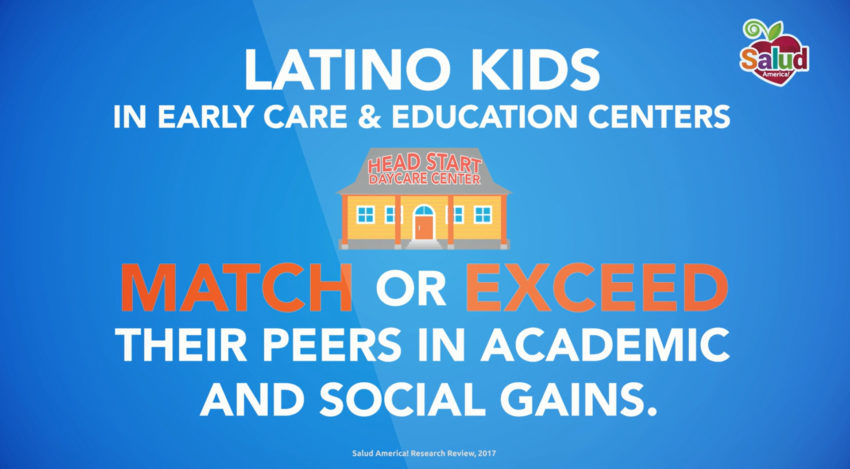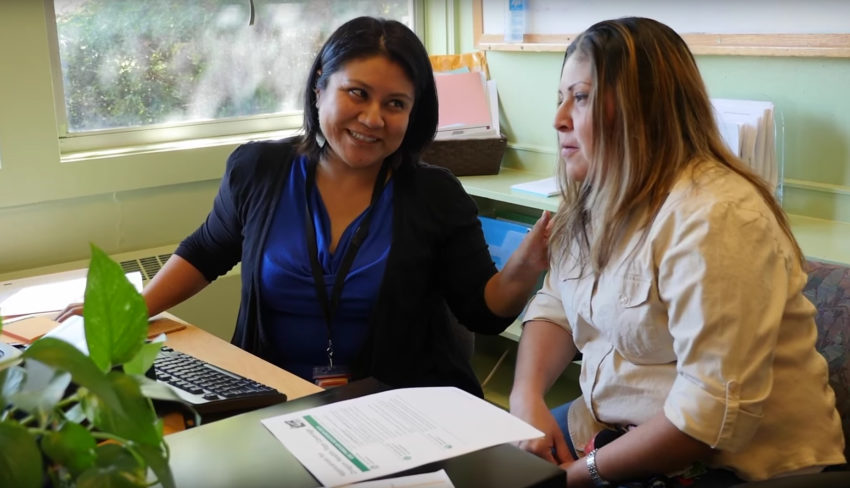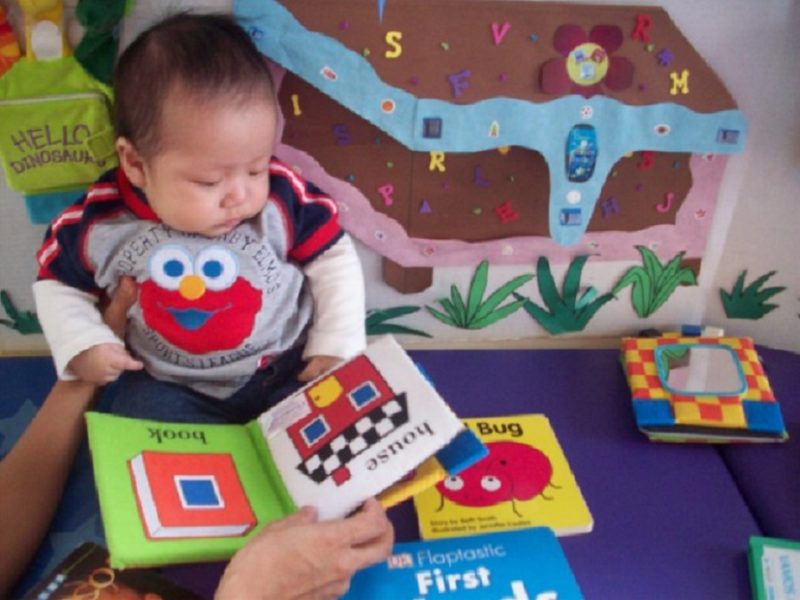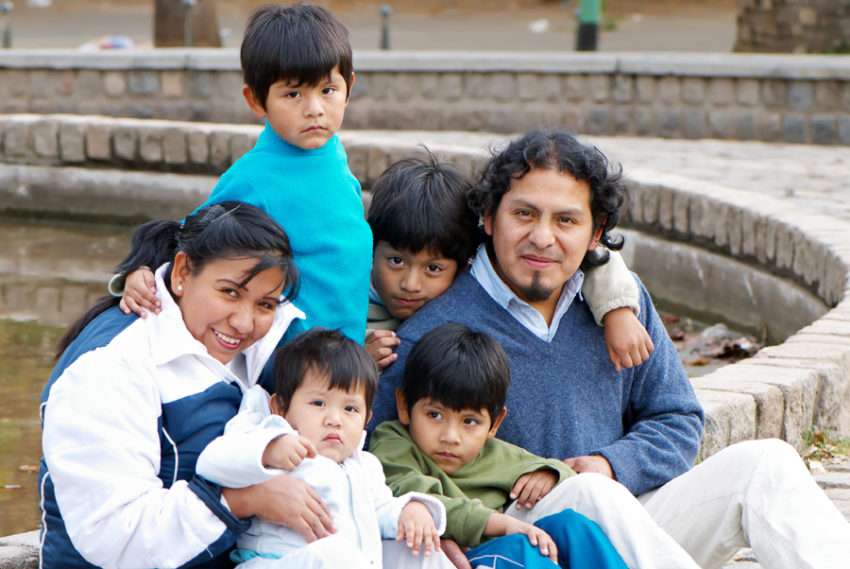Family Support Research: ECE Programs

This is part of our Building Support for Latino Families: A Research Review » Latino Kids Less Likely to Use ECE Programs The use of ECE facilities—including child care centers, day care homes, Head Start programs, preschool and pre-kindergarten programs—has become the norm in the U.S.38 About 61% of children younger than 6 are in a non-parental care arrangement on a weekly basis.38 In 2012, children from higher-income families tended to enroll more in ECE centers (72%) than children from low-income families (45%), 2016 data show.1 In addition, far fewer Latino children (52%) were enrolled in ECE centers than their white (63%), black (68%), and Asian peers (68%).1,39 ECE Programs Stimulate Cognitive Health Benefits However, recent research has demonstrated that early ...
Read More






